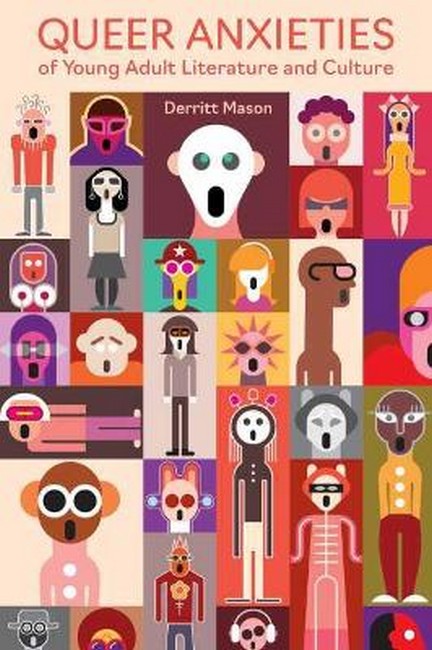Derritt Mason is associate professor of English at the University of Calgary. He is coeditor of Queer as Camp: Essays on Summer, Style, and Sexuality.
Request Academic Copy
Please copy the ISBN for submitting review copy form
Description
I admire very much Mason's re-readings of older queer YA. And his overarching point about critics' (i.e. our) anxious investment in YA cannot be overstated.--Jonathan Alexander "Children's Literature Association Quarterly" Mason's queer reading strategies and his queer readings of YA cultural texts can help us imagine ourselves differently, our relationships differently, and our world differently. . . . His engagement with theory is nuanced and smart, his provocations clear and compelling. I find the focus on anxiety promising, provocative, generative even.--Jennifer Miller "Children's Literature" Queer Anxieties of Young Adult Literature and Culture is an outstanding book that will help direct conversations around queerness in YA culture for some time to come. In valuing the blurriness of affect over content when defining queer YA, Derritt Mason brilliantly acknowledges alternative ways of locating queerness and invites readers to think about how definition participates in a larger affective history. The field of children's and young adult literature is incredibly lucky to have Mason as one of our scholars.--Katharine Slater, associate professor at Rowan University Queer Anxieties in Young Adult Literature and Culture has the potential to shift the focus in multiple fields and disciplines away from strict definitions and a linear trajectory of 'bad' representation to 'good' representation. Mason's thoughtful, in-depth, and provocative arguments will give educators, scholars, librarians, and YA critics in general much to consider and apply to future research in the field, as well as to the broader field of cultural studies.--Robert Bittner "International Journal of Young Adult Literature" Nevertheless, Queer Anxieties of Young Adult Literature and Culture is successful in its aims, which is to demonstrate how queer young people modulate desires and anxieties surrounding their adolescence, and how adult anxieties persist in YA literature, from older texts to contemporary multimedia projects. In doing so, the book enriches critical conversations about YA literature and queer theory, laying the groundwork for future discussions of cultural anxieties about adolescent sexuality.--Yuwen Zhang "IRCL"

